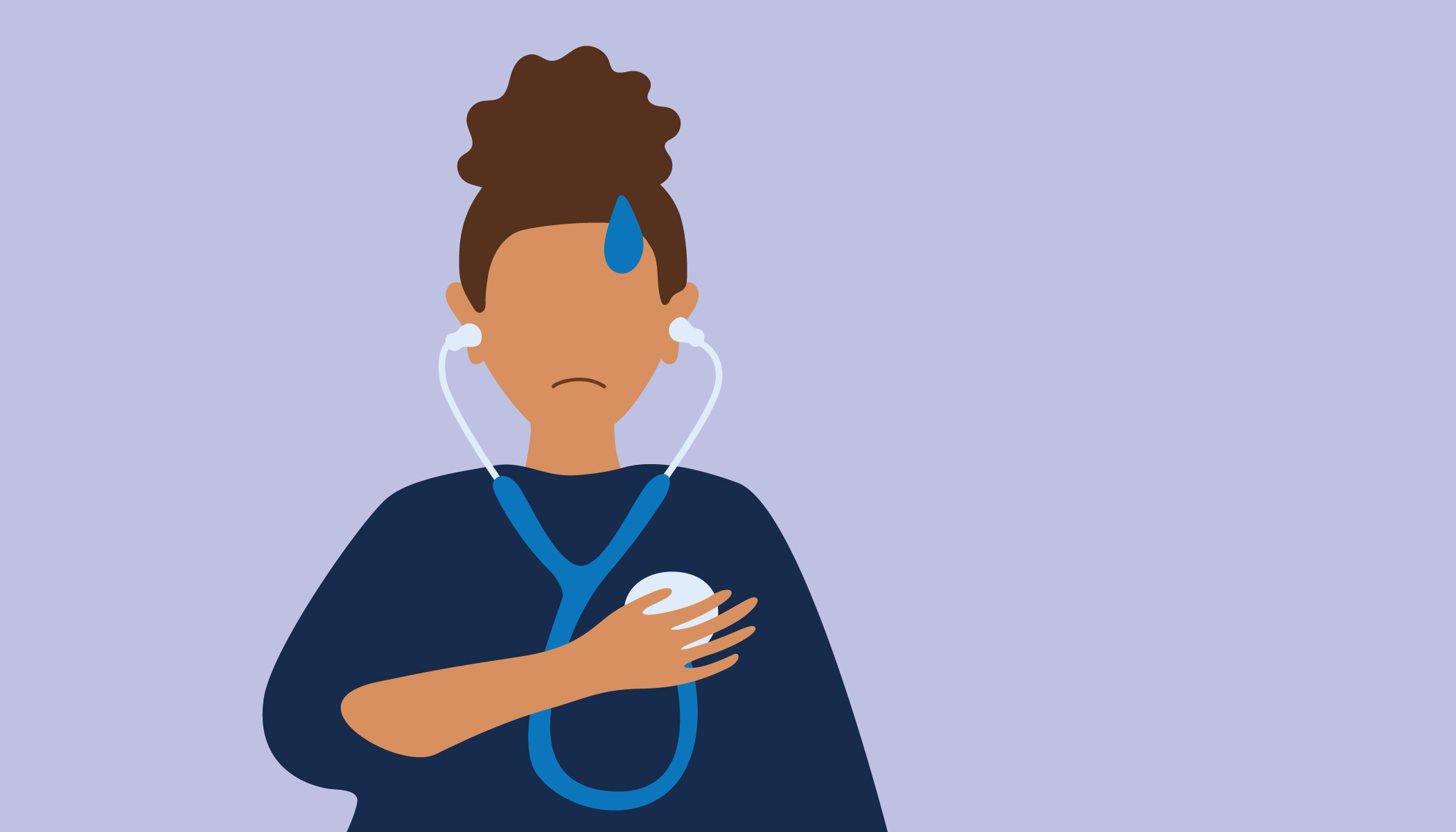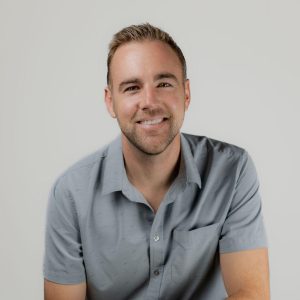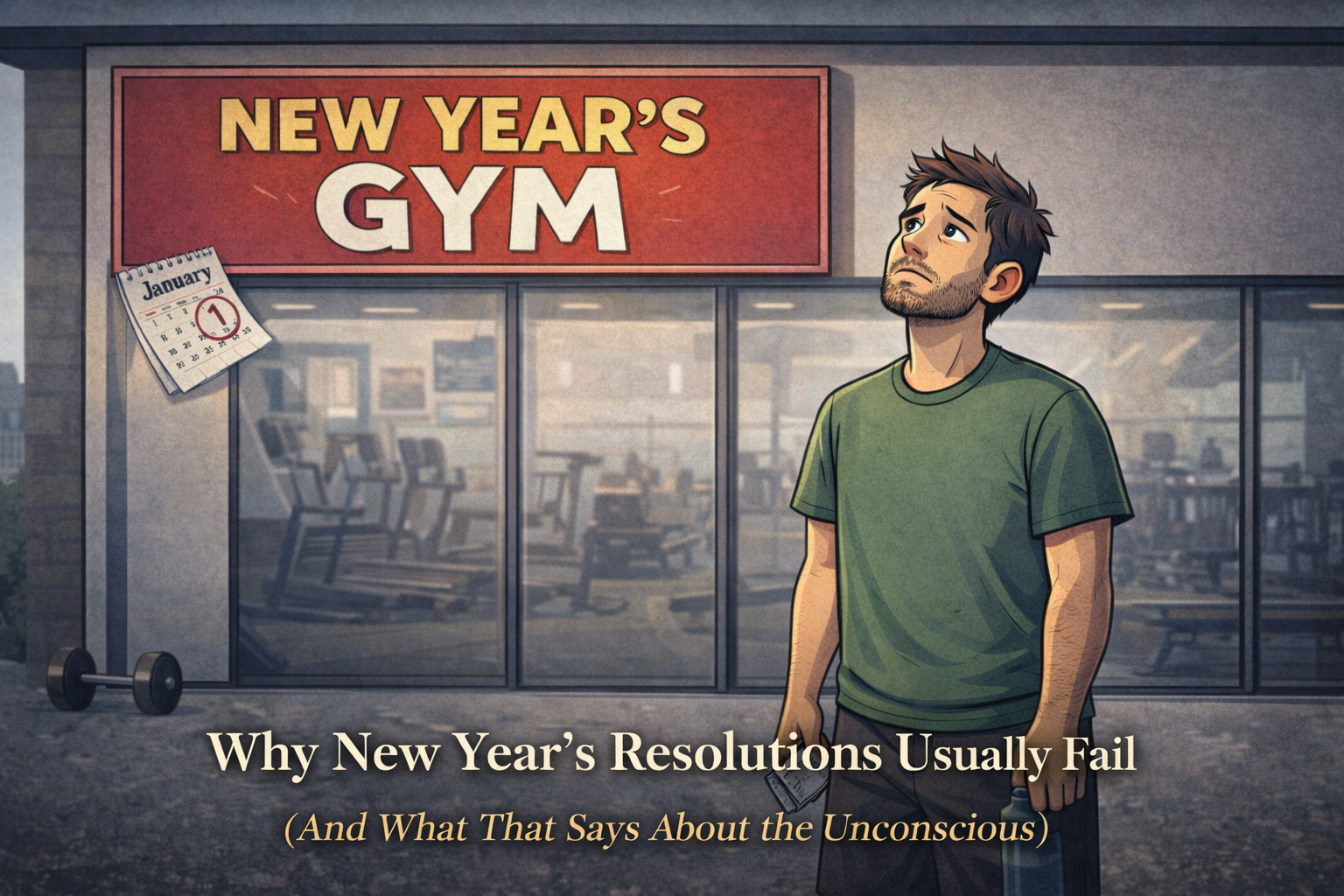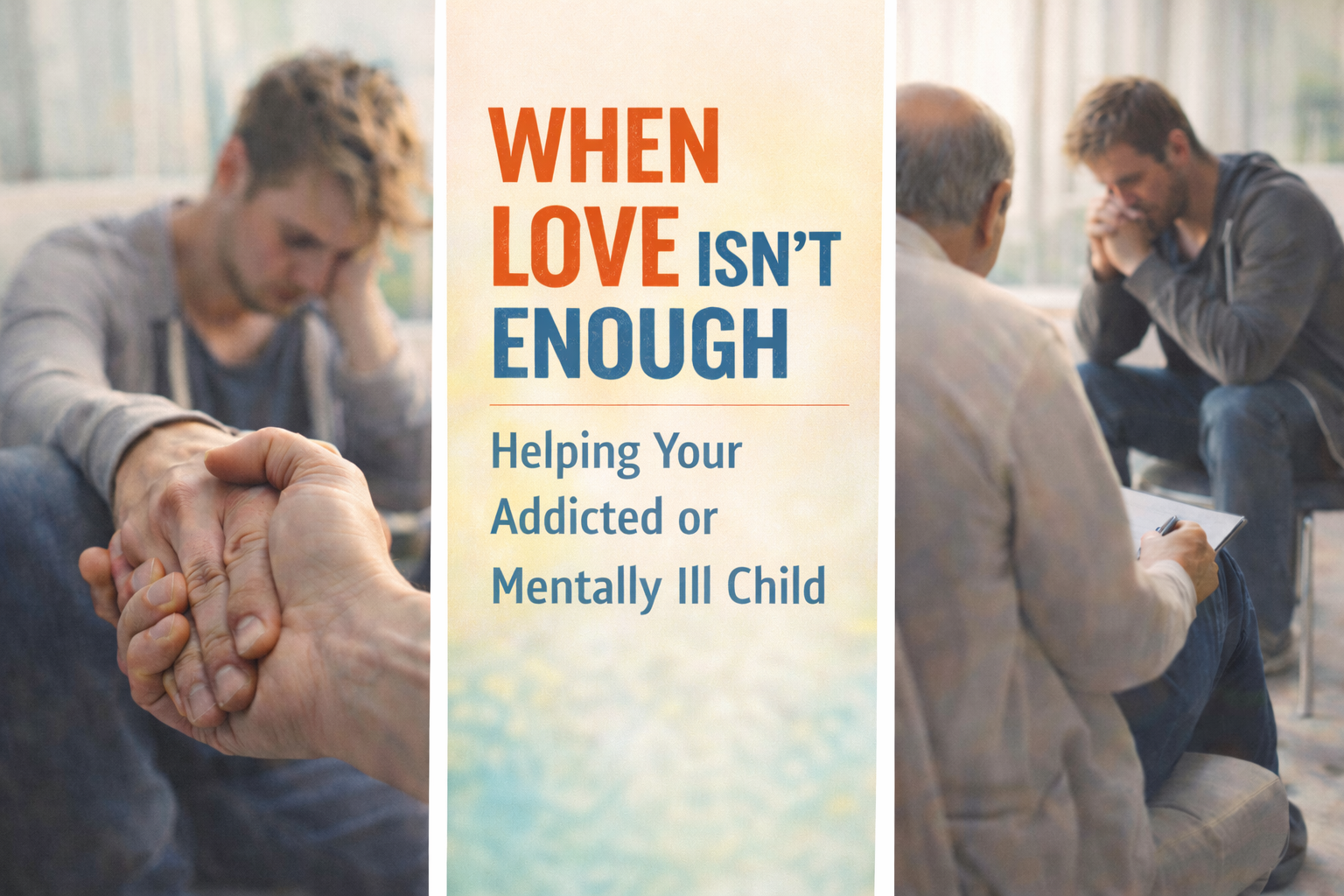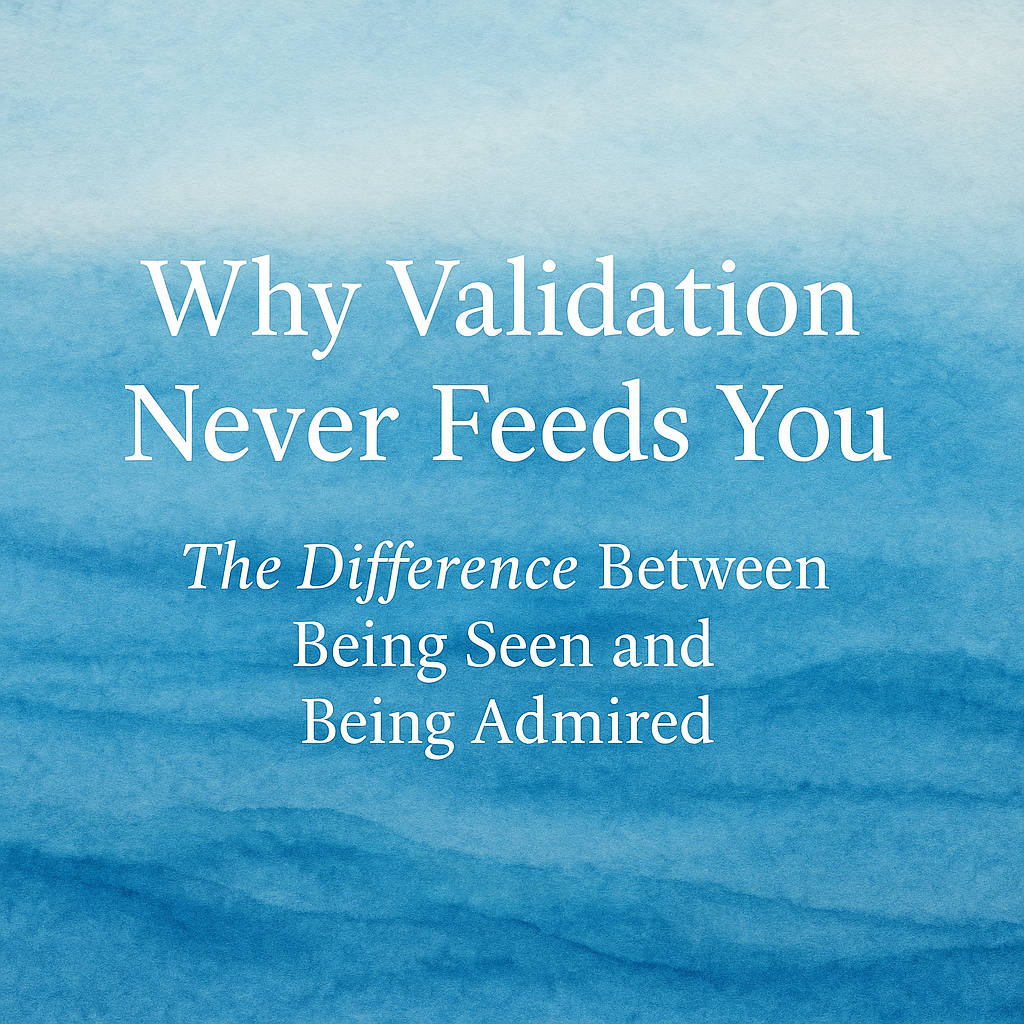Most of us have, at one point or another, found ourselves Googling a strange symptom and spiraling into worst-case scenarios. For those who struggle with health anxietyHealth anxiety, formerly known as hypochondria, involves excessive worry about having a serious illn… (sometimes called hypochondriasisHypochondriasis, now classified under Illness Anxiety Disorder, involves an excessive preoccupation …), this cycle can feel relentless.
But here’s the truth: health anxiety is rarely about the body alone. Psychodynamically, it is a window into deeper emotional conflicts, unresolved fears, and the unconscious meanings we attach to illness.
Childhood Origins: When the Body Becomes the Battleground
Many people with health anxiety grew up in environments where emotional needs were neglected, minimized, or inconsistently met. As children, they may have learned—often unconsciously—that their feelings were either “too much” or unsafe to express.
In these homes, physical symptoms sometimes became the only acceptable way to signal distress. A child whose sadness was dismissed might discover that a stomachache earned attention and care. Over time, the psyche learns: the body speaks when the self cannot.
Other early dynamics often play a role:
- Overanxious or overprotective parenting can teach a child that the world (and their body) is fragile, priming them to scan constantly for danger.
- Early exposure to illness, loss, or a sick caregiver can seed unconscious fears of death, abandonment, or catastrophe.
- Perfectionistic or achievement-oriented families may implicitly communicate that vulnerabilityVulnerability refers to the willingness to expose one’s feelings, thoughts, and experiences in a g… is unacceptable—leading the psyche to reroute fear and dependency into bodily concerns.
What the Preoccupation Is Really About
Health anxiety isn’t just about fearing disease. At its core, it’s about trying to manage unbearable emotions. Often, the underlying fear is not of cancer or heart disease, but of helplessness, loss, or death itself.
From a psychodynamic perspective, the preoccupation serves multiple unconscious purposes:
- A displacement of anxiety. It’s easier (though still painful) to worry about a lump in the throat than to face the deeper fear of abandonmentFear of abandonment involves an overwhelming fear of being left alone or rejected, often leading to …, loss, or mortality.
- A bid for care and containment. In relationships where emotional needs once went unmet, somatic worries may represent a way of saying: “See me, care for me, don’t leave me.”
- A way to avoid internal conflictInternal Conflict refers to the psychological struggle that occurs within an individual when facing …. Sometimes health anxiety distracts from more threatening psychic material—anger toward loved ones, guilt over dependency, or grief that feels overwhelming.
The paradox is that the health-anxious patient is both hyper-focused on the body and cut off from it. The symptom monitoring is relentless, yet the true emotional signals remain unprocessed and unspoken.
The Path of Healing
Working psychodynamically, the goal is not to convince someone that their body is “fine.” Reassurance rarely lasts. Instead, the work is to explore what the fear of illness represents.
By gently tracing the connections between childhood dynamics and current anxieties, therapy helps patients give language to what was once unspeakable. Over time, the body no longer needs to carry the entire burden of the psyche.
Patients often report not only a reduction in health anxiety, but also an increased capacity to tolerate uncertainty, express emotion directly, and feel more at home in their own skin.
If you find yourself caught in the cycle of health anxiety, know that it isn’t just about your body—it’s about your story. At Keil Psych Group, our team specializes in uncovering the deeper roots of anxiety and helping people feel truly at home in themselves. If this resonates, we’d be honored to walk that path with you.
